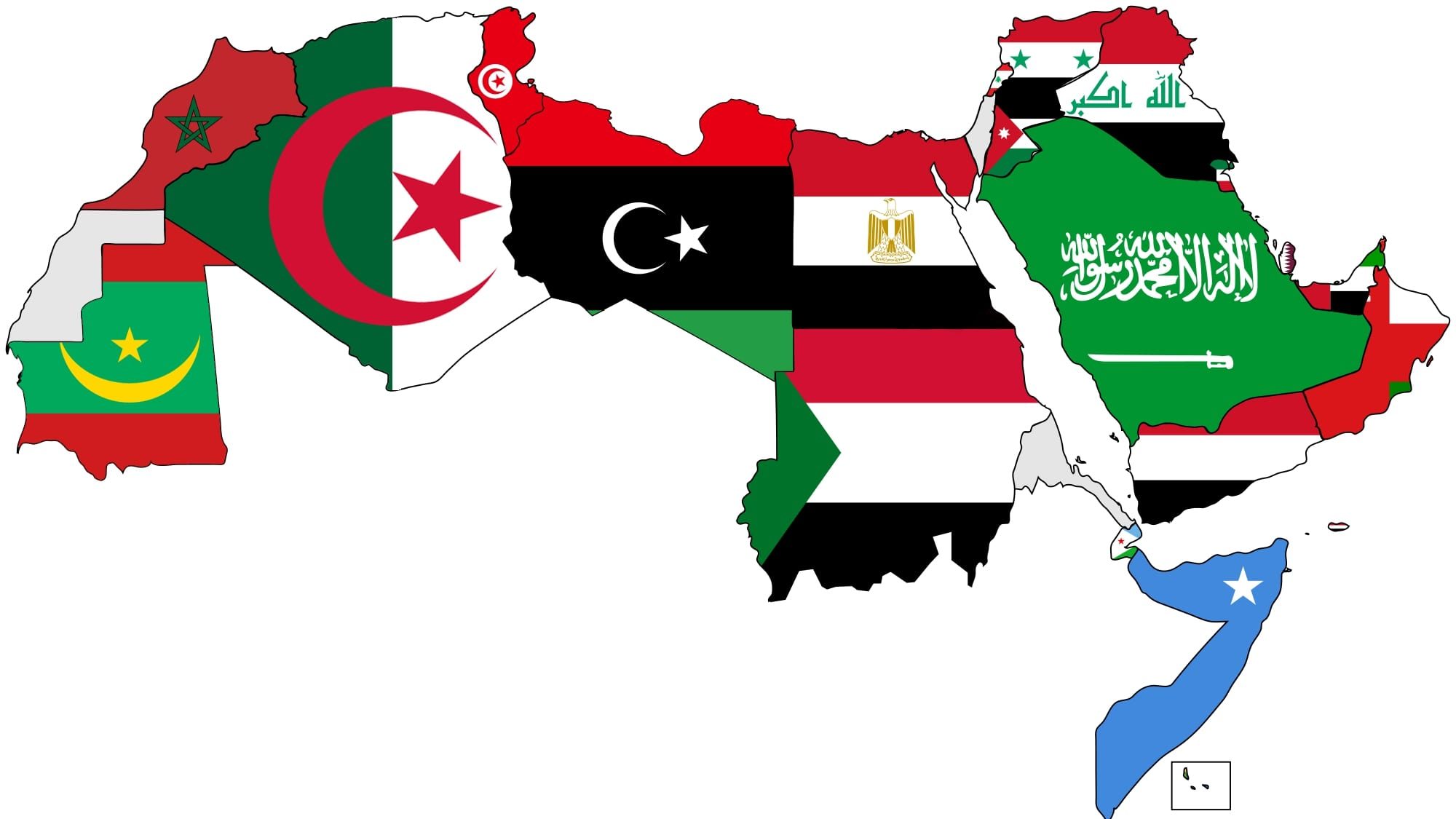West Wake Up: Arab World Isn’t Monolithic
Residents of the Middle East, referred to as the Arab world by the West, often hear about various envoys and advisers from the United States and Europe who are involved in the region’s affairs. However, many individuals in the Middle East question the relevance of these broad and inclusive definitions, such as the term “Arab world,” to their own experiences and identities.
For the benefit of Western experts, presidents, and heads of state, it is important to note that the Middle East and North Africa are geographical regions with a rich history dating back to ancient times. These areas have seen the rise and fall of various empires and civilizations over the course of history. It is essential to consider this context when engaging with and attempting to understand the region and its people.
The populations of the Middle East and North Africa are diverse and heterogeneous, made up of a range of cultures, subcultures, nationalities, and ethnic groups that can sometimes conflict with one another.
The term Arab world, which was adopted by the West after the rise of pan-Arabism under Gamal Abdel Nasser and his supporters, is a fundamentally flawed definition. Despite this, it has been widely accepted in the West due to its alignment with pre-existing prejudices and the convenience of categorizing and treating non-Western regions and peoples as a single entity in order to save resources and manpower in investigating and understanding them.
Western research institutes and think tanks in the United States and Europe have historically made the mistake of defining the Arab world as a monolithic entity and attempting to treat all individuals within the region as having uniform aspirations. This tendency can be traced back to the 1950s when the idea of a single “Arab nation” was promoted without proper investigation or verification.
As a result, the West has constructed a narrow and misguided understanding of this region that does not accurately reflect its diversity and complexity.
The West has tried and continues to try to treat the Saudis as Syrians, the Lebanese as Moroccans, the Yemenis as Jordanians, and, unsurprisingly, even ironically, this does not work. This is exemplified by the United States’ efforts to impose a Western-style democracy on Iraq, which has left the country and its people struggling to find their place in the Arab world as defined by the West.
Give the gift of hope
We practice what we preach:
accurate, fearless journalism. But we can't do it alone.
- On the ground in Gaza, Syria, Israel, Egypt, Pakistan, and more
- Our program trained more than 100 journalists
- Calling out fake news and reporting real facts
- On the ground in Gaza, Syria, Israel, Egypt, Pakistan, and more
- Our program trained more than 100 journalists
- Calling out fake news and reporting real facts
Join us.
Support The Media Line. Save democracy.
Former US President Barack Obama’s designation of the events of 2011 in the Arab countries as an Arab Spring was widely accepted by Western leaders without critical examination, despite being fundamentally flawed and lacking in nuance. These events were characterized by a diverse range of motivations and goals, including the desire for democracy in some countries, the efforts of the Muslim Brotherhood to seize control in others, and the cry for truth in Tunisia and Libya, as well as the desire of the Sunni majority in Syria to be freed from the rule of the Alawite minority in the form of the Assad family.
There is no such thing as an Arab world, but rather a collection of distinct Arab countries.
The Arabic language is not uniform and exhibits significant variation among different countries. For example, an Algerian may struggle to understand the Qatari language, and Emirati Arabic is distinct from the languages spoken by Palestinian or Syrian Arabs.
The only Arabic language understood by all Arabic speakers is the language used in the Quran, considered by the Islamic faith to be the words of God himself.
Although the Arabic language spoken in the Quran unites all Arabic speakers and all non-Arab Muslims in the world, it does not necessarily create a single Arab nation or a united Arab world.
It is important for those who come to teach us about ourselves and our governance methods here to recognize
that they come with their own cultural and social baggage and these things are completely different from those found here in the Middle East and North Africa.
In the Middle East, there is a diverse range of cultures and social dynamics that can be complex and even contradictory in some cases. This can make it difficult for Westerners to understand certain conflicts, such as the ongoing war in Yemen between the Houthis, who are Arab and somehow willing to become allied with Persian Iranians, and the Saudis who are Arab as well. If those Western researchers and so-called professionals knew that the reason for this conflict is that the Yemenis believe they are the source of Arabism in the Arabian Peninsula, while the Saudi side disputes this claim and asserts its own culture as the origins of Arabism, then they may gain insights into why the conflict in Yemen does not end and has recorded a very high number of casualties.
If those who consider themselves knowledgeable about the Middle East and North Africa were to approach the region with an understanding of the differences between its various cultures, traditions, and ethnic groups they may be able to better understand the complex rivalries and conflicts that exist between different countries and tribes in the region. For example, understanding the cultural and historical differences between the tribes in the Sultanate of Oman and their neighbors in the United Arab Emirates, or the rivalry between Qatar and Bahrain, or the longstanding hatred between Morocco and Algeria, or the tension between Libya and Egypt – that holds the longest standing culture in the region – could provide insight into the root causes of these conflicts.
The diversity of clothing and customs among different groups in the Middle East and North Africa requires in-depth research and a nuanced understanding, rather than the oversimplification of the region as a homogenous Arab world with uniform religious, oral, and traditional characteristics. It is important to approach the study of these cultures with balance and accuracy.
The Middle East and North Africa are diverse and complex regions that cannot simply be defined as an Arab world based on the fact that many of the populations speak Arabic. These regions are made up of a variety of different cultures, traditions, and ethnicities, and can be united on some issues but divided and even hostile toward each other on others. The Arab League does not define or create the concept of an Arab world, and it is important to recognize that Arab countries can be enemies with one another, such as Iraq and Syria during the reign of Saddam Hussein. Even Arab countries that are part of the Gulf Cooperation Council may not always have a unified stance on issues.
It is about time for Western countries to move beyond stereotypes and prejudices when interacting with the Middle East and North Africa, and to approach each place in the region with an understanding of its unique culture and history. The West does not have a superior advantage over this region in terms of governance methods, cultural practices, or historical achievements, and it is not qualified to dictate to the people of the Middle East and North Africa how they should live, rule or manage their cultural and political lives.
The key to successful interactions with the region is for the West to understand the history and cultures of the Middle East and North Africa, and to approach these interactions with respect and without condescension, rather than treating all Arab countries as a monolithic entity. This approach is likely to be much more fruitful than the current one when trying to establish relations with the countries in the region.




